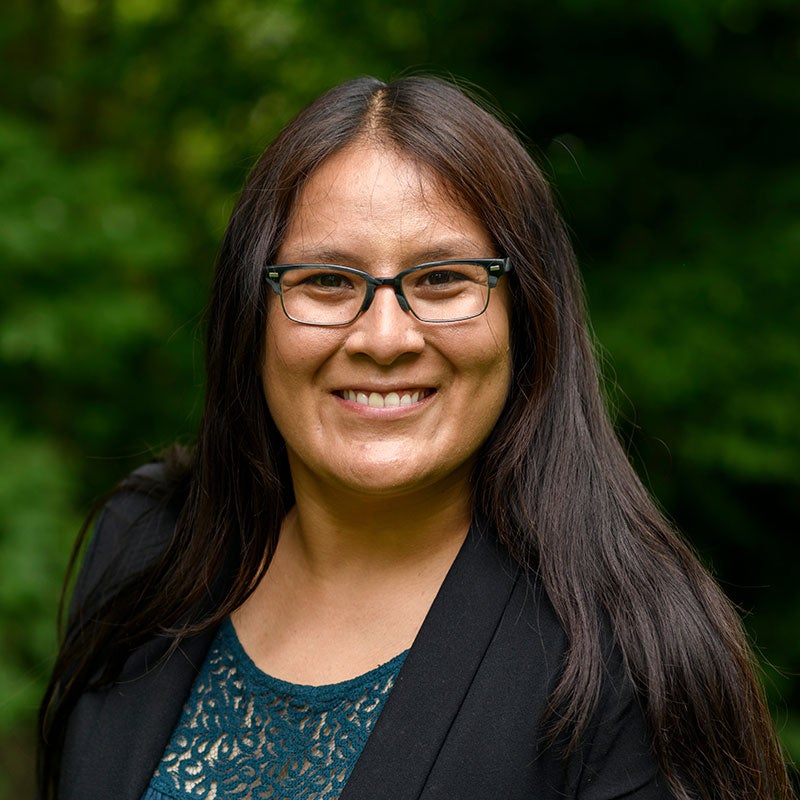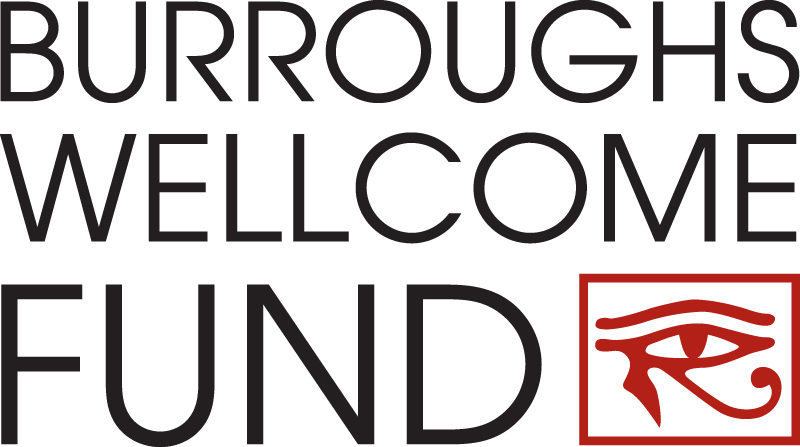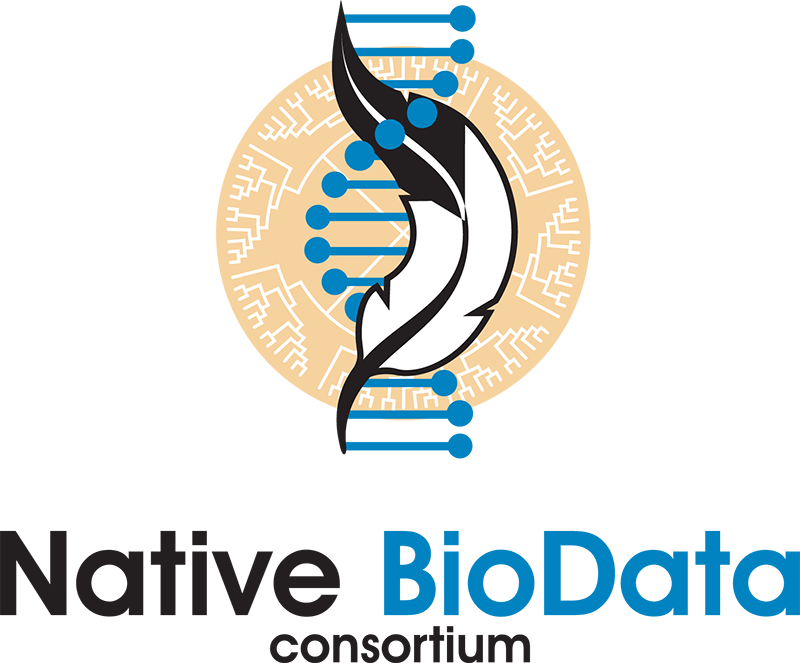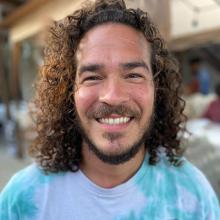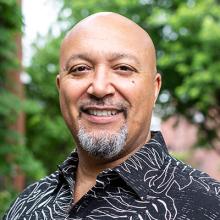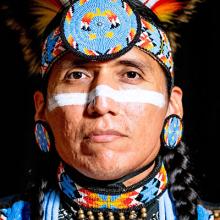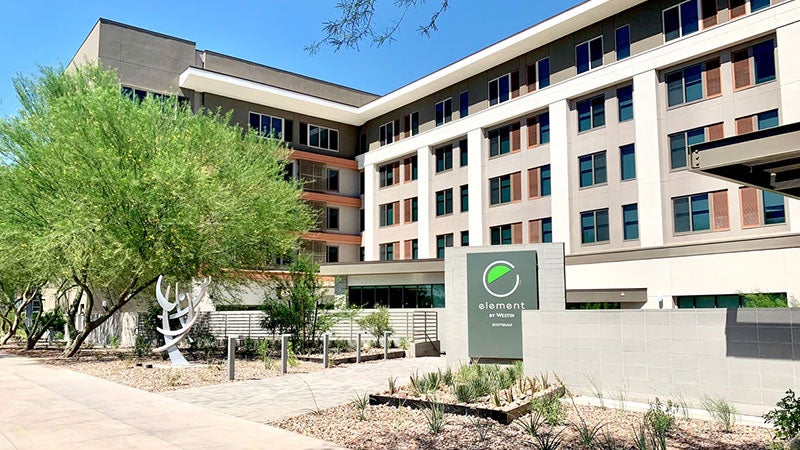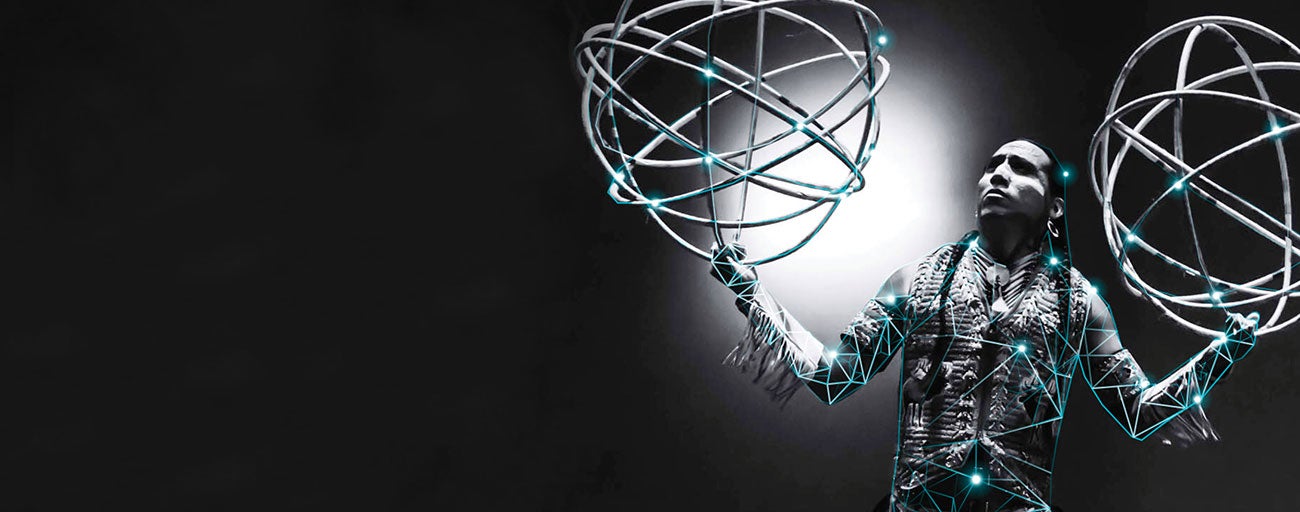
IDEAS 2023
Indigenous Innovation, Data Economies, and AI (IDEAS) Summit, March 31, 2023
About the Summit
Artificial Intelligence and Machine Learning (AI/ML) platforms are touted as the next step improving health, constructing digital systems to innovate new technologies, pioneering creative and artistic expression, and driving data economies.
However, these movements necessitate the equitable inclusion of Indigenous peoples and communities in order to not further contribute to data erasures and inequities resulting from algorithmic bias and inattention to power imbalances related to data collection, data storage, and Indigenous data ownership and stewardship. By understanding the current climate of data infrastructures in Tribal, health, and community practices, we aim to empower Indigenous nations to implement AI/ML solutions for their own peoples. This symposium will build international and national Indigenous ecosystems of support and networking to usher the next generation of Indigenous AI/ML.
We welcome Indigenous Tribal leaders, academics, thinkers, and entrepreneurs to discuss the future application of emerging data science in growing data economies and workforce development for Indigenous nations worldwide. Additionally, the symposium will center Indigenous data sovereignties as nation-building approaches to driving innovation in all discipline areas in Indian Country.
March 31, 2023
Time: 8:30 a.m.-5:30 p.m.
Host: Arizona State University College of Liberal Arts and Sciences and The RISE Center
Location: 1475 N. Scottsdale Road, Suite 200, Scottsdale, AZ 85257-3538
Building and room: Building 3, Synergy I and Synergy II
Krystal Tsosie
Krystal Tsosie (Diné/Navajo Nation), PhD, MPH, MA is an Indigenous geneticist-bioethicist at Arizona State University in the School of Life Sciences. Research: ethical engagement with Indigenous communities in precision health and genomic medicine.
Our sponsors
The Burroughs Wellcome Fund serves and strengthens society by nurturing a diverse group of leaders in biomedical sciences to improve human health through education and powering discovery in frontiers of greatest need.
The Native BioData Consortium (NBDC) is comprised of Indigenous scientific and bioethics experts in latest scientific techniques and administration functions. Furthermore, the samples will be stored on sovereign Native American land, on the Cheyenne River Sioux Tribe, which will provide additional protections for the participants’ samples from exploitation.
The University of California San Diego is recognized as one of the top 15 research universities worldwide, their culture of collaboration sparks discoveries that advance society and drive economic impact.
Event details
Keynote Speakers
Keolu Fox, PhD
Tribal Affiliation: Kānaka Maoli
University / Organization: University of California, San Diego
Title(s): Assistant Professor Co-Founder, Indigenous Futures Institute
Indigenous Futures and Empowering Indigenous Communities with AI
Bio:
Dr. Keolu Fox is the first Kānaka Maoli (Native Hawaiian) to receive a doctorate in genome sciences, and is an assistant professor at the University of California, San Diego, affiliated with the Department of Anthropology, the Global Health Program, the Halıcıoğlu Data Science Institute, the Climate Action Lab, the Design Lab, and the Indigenous Futures Institute.
His work focuses on the connection between raw data as a resource and the emerging value of genomic health data from Indigenous communities. He has experience designing and engineering genome sequencing and editing technologies, and a decade of grassroots experience working with Indigenous partners to advance precision medicine. His primary research focuses on questions of functionalizing genomics, testing theories of natural selection by editing genes and determining the functions of mutations.
Dr. Fox has published numerous articles on human genetics, biomedicine, ancient genomics, and Indigenous data sovereignty, most recently in the New England Journal of Medicine, Nature, and the Proceedings of the Royal Society B.
Dr. Fox is a recipient of grants from numerous organizations including the National Institutes of Health, the National Science Foundation, National Geographic, the American Association for Physical Anthropology, Emerson Collective, the Social Science Research Council and the Massachusetts Institute of Technology, SOLVE Initiative.
Jason Edward Lewis, M.Phil
Tribal Affiliation: Kānaka Maoli and Samoan
University / Organization: Concordia University
Title(s): Professor of Computation Arts, Design and Computation Arts; University Research Chair in Computational Media and the Indigenous Future Imaginary
Imagining Abundant Intelligences
Bio:
Jason Edward Lewis is a digital media theorist, poet, and software designer. He founded Obx Laboratory for Experimental Media, where he conducts research/creation projects exploring computation as a creative and cultural material. Lewis is deeply committed to developing intriguing new forms of expression by working on conceptual, critical, creative and technical levels simultaneously. He is the University Research Chair in Computational Media and the Indigenous Future Imaginary as well Professor of Computation Arts at Concordia University. Lewis was born and raised in northern California, and currently lives in Montreal.
Lewis co-directs the Indigenous Futures Research Centre, the Indigenous Protocol and AI Workshops, the Aboriginal Territories in Cyberspace research network, and the Skins Workshops on Aboriginal Storytelling and Video Game Design. He directed the Initiative for Indigenous Futures Partnership from 2014 to 2021.
Lewis’ creative and production work has been featured at Ars Electronica, Mobilefest, Elektra, Urban Screens, ISEA, SIGGRAPH, and FILE, among other venues, and has been recognized with the inaugural Robert Coover Award for Best Work of Electronic Literature, two Prix Ars Electronica Honorable Mentions, several imagineNATIVE Best New Media awards and multiple solo exhibitions. He was lead author on the award-winning “Making Kin with the Machines” essay and editor of the groundbreaking Indigenous Protocol and Artificial Intelligence Position Paper.
Lewis has worked in a range of industrial research settings, including Interval Research, US West's Advanced Technology Group, and the Institute for Research on Learning, and, at the turn of the century, he founded and ran a research studio for the venture capital firm Arts Alliance. Lewis is a Fellow of the Royal Society of Canada, a former Trudeau Fellow and a former Carnegie Fellow.
Performers
Tony Duncan
Tribal Affiliation: Apache, Arikara, Hidatsa, Mandan
Tony Duncan
Bio:
Tony Duncan has performed for audiences worldwide including performances at the Kennedy Center for the Performing Arts, The Smithsonian Museum, The Billboard Music Awards, The Tonight Show, and The White House. Duncan has great achievements in both music and dance. As a hoop dancer Tony Duncan is among the achievements in both music and dance. As a hoop dancer Tony Duncan is among the best in the world, winning the title of “World Champion Hoop Dancer,” an amazing 5 times. Duncan received the award for Artist of the Year at the Native American Music Awards. As a flute player, he is currently signed to both Buffalo jump Records and the largest Native American music label Canyon Records.
Panels
We will update panel speaker information closer to the event date. We are pleased to invite international Indigenous scholars to lead these invaluable conversations related to Indigenous artificial intelligence.
Session One
- Breakout 1: Education and Data Science
- Breakout 2: Indigenous Health AI/ML Solutions
- Breakout 3: Using AI for Indigenous Language Preservation
- Breakout 4: Brainstorming Digital and Blockchain Approaches for Indigenous Data Sovereignty
Session Two
- Breakout Group 1: Bridging the Digital Divide: Empowering Indigenous Nations with Data Tools
- Breakout Group 2: AI, Indigenous Data Erasure, and Data Justice
- Breakout Group 3: Data Privacy and Security
- Breakout Group 4: Brainstorming Digital and Blockchain Approaches for Indigenous Data Sovereignty
Session Three
- Breakout Group 1: Indigenous Data Governance and Ecosystems
- Breakout Group 2: Tech Justice and Algorithmic Bias;
- Breakout Group 3: Protecting Indigenous AI through IP
- Breakout Group 4: Brainstorming Digital and Blockchain Approaches for Indigenous Data Sovereignty
Travel items
Hotel Information
- Hotel Name: The Element Scottsdale at SkySong
- Address: 345 N. Scottsdale Road, Suite 200, Scottsdale, AZ 85257
- Phone: 480-361-0000
- Booking: reservation link
- Book by Date: Tuesday, February 28, 2023
Airport Information
- Airport: Phoenix Sky Harbor International Airport (PHX)
- Address: 3400 E Sky Harbor Blvd, Phoenix, AZ 85034


